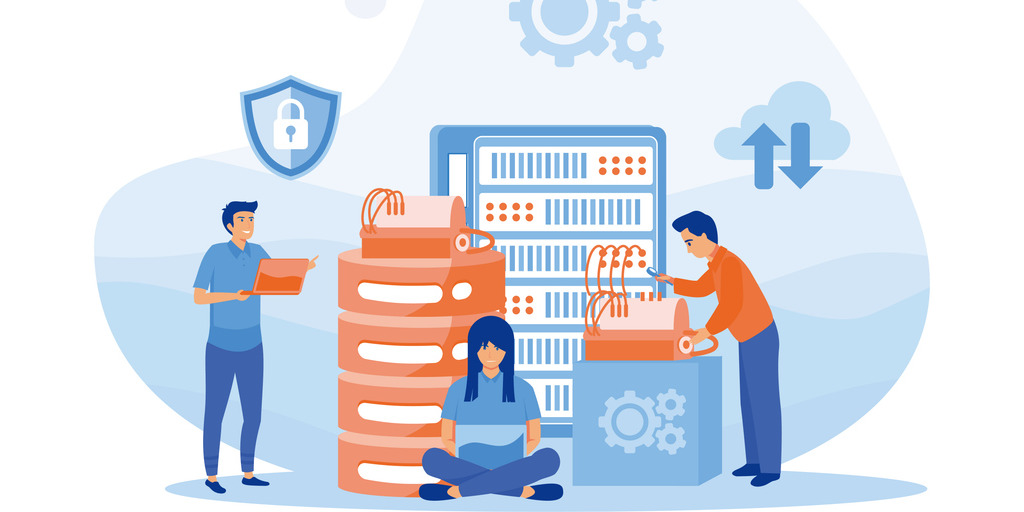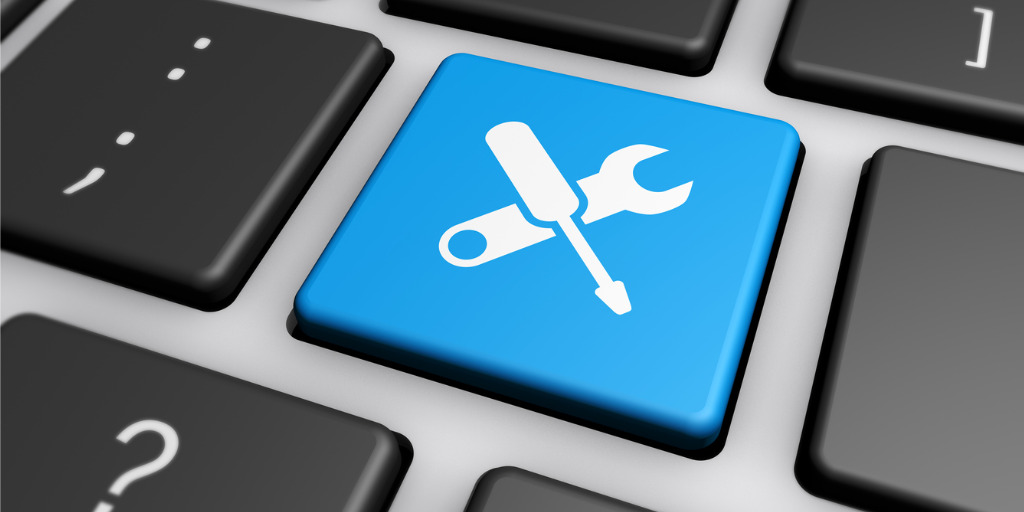The Risks of Delaying Future Planning for SPARC/Solaris Workloads
The time to plan for the future of your SPARC/Solaris workloads is now. While maintaining and optimising your Solaris systems is a viable short-term solution, businesses must start thinking about longer-term strategies. Whether you’re aiming to modernise your infrastructure or considering a gradual migration to more agile platforms, partnering with the right MSP will make […]
The Risks of Delaying Future Planning for SPARC/Solaris Workloads Read More »





